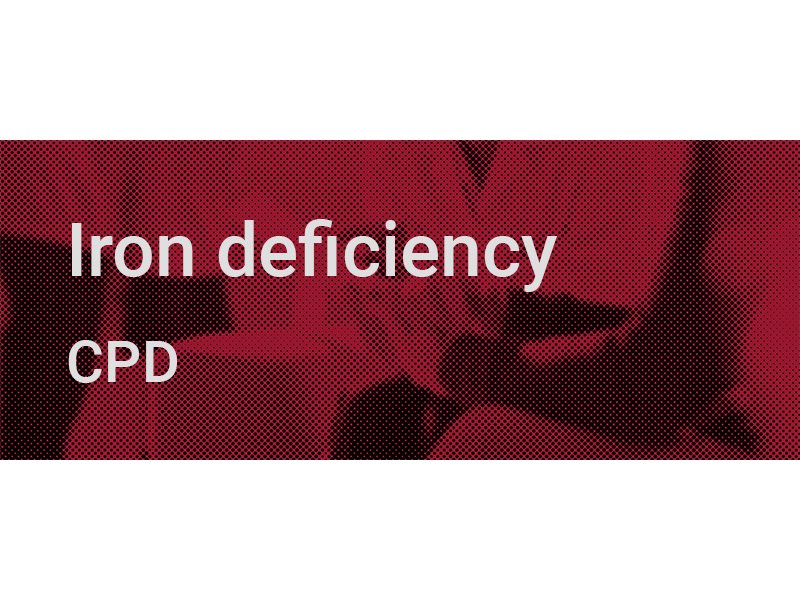Iron Academy Courses
The diagnosis and management of iron deficiency anaemia (IDA) is an important public health problem worldwide. In Australia studies have shown that 8% of pre-school children have anaemia with iron deficiency the most common cause, 67% of pregnant women are iron deficient, and 30% of elective surgery patients have suboptimal iron stores or anaemia.
The Iron Academy has developed a series of courses to enable you to understand the causes and implications of iron deficiency and iron deficiency anaemia, its diagnosis and appropriate treatment.
Major learning areas covered include:
- identification of the cause of iron deficiency and iron deficiency anaemia
- laboratory investigations to assist with the diagnosis
- available treatments and the risks and benefits of each
- monitoring and assessment of response to treatment.
It is recommended that you complete IA-101 (IDA: Fundamentals of Iron Deficiency) first as this knowledge will support successful completion of the case studies. These courses are designed for healthcare professionals including general practitioners (GPs), nurses and midwives, laboratory and scientific staff, trainees and students caring for patients with iron deficiency and iron deficiency anaemia.
Course material is based on clinical guidelines, evidence-based material and/or expert consensus opinion developed in collaboration with leading experts.
Estimated time to complete each course module is one and a half hours.
Currently we have six integrated modules on iron deficiency anaemia (IDA) in the form of clinical case studies.
These case studies explore clinical settings with increasing complexity of diagnosis and treatment.
- IA-101: IDA Fundamentals
- IA-102: IDA: Paediatrics
- IA-103: IDA: Adolescent
- IA-104: IDA: Heavy Menstrual Bleeding
- IA-105: IDA: Maternity
- IA-106: IDA: Chronic and Complex

Fundamentals of Iron Deficiency
IA-101
Provides essential background knowledge of iron deficiency anaemia (IDA) and provides essential information to enable you to complete each case study modules. These studies are based on clinical settings with increasing complexity of diagnosis and treatment.

Paediatrics Case Study
IA-102
Alex is a previously healthy boy, aged 18 months, who is brought in by his mother, Annie who is upset and worried something is wrong with Alex after her sister commented on how pale he is.

Adolescent Case Study
IA-103
Jennifer, aged 15 years, is a student who presents with persistent tiredness for the past six months. She finds classes after lunch challenging and feels increasingly anxious about underperforming at school. She no longer plays sport, and her mother feels that she is becoming increasingly withdrawn. Jennifer admits she has been feeling emotionally low; however, she has not had any thoughts or acts of self-harm.